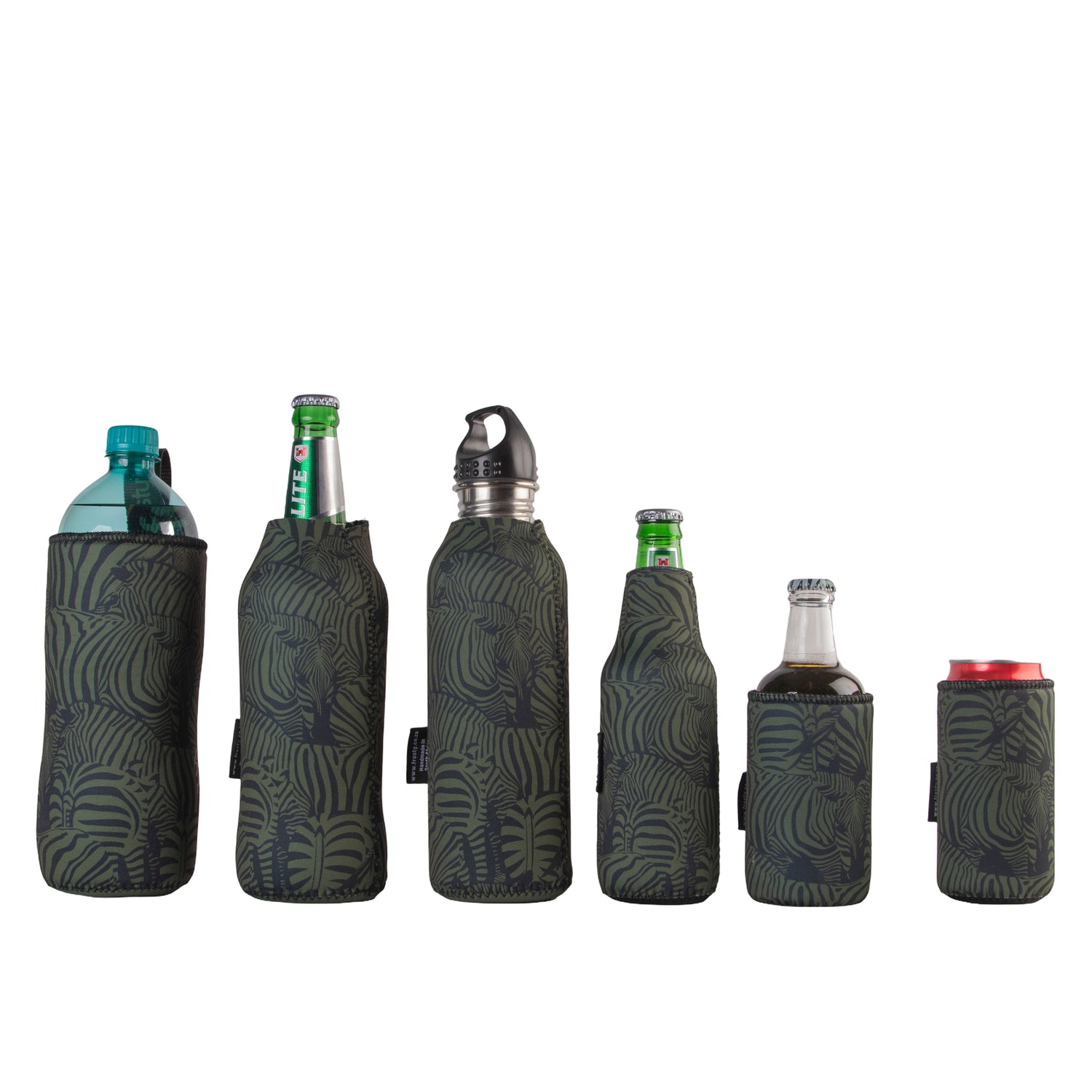John Mitchell, who once coached the Force, states that Western Australia is a stop-over rugby area. Good players bide their time until better offers come from elsewhere; it is therefore hard to build a solid core of talent that stays.
The best match was between the Chiefs and the Highlanders. Sustained pressure was exerted from both sides, with the indefatigable Chiefs relentless in their pursuit of victory. They know how to play for the full 80 minutes. Cruden improves with every match. His judgment on Saturday was faultless.
The less said about the Cheetahs mauling at the hands of the Rebels the better. Naka Drotske's claim that this is his strongest outfit yet remains to be proved. So far performance on the field suggests otherwise. Hard-won possession is being squandered through scrappy play and poor fundamentals such as tackling.
The Lions VS Bulls affair was badly affected by weather, and overall the Bulls deserved a victory, they ground out with orthodox driving mauls and the ability to counter attack. For me, the try of the weekend was that scored by Jan Serfontein, following a dazzling display of opportunism realised in perfect distribution and a wonderful final pass from Bjorn Basson.
The Stormers, behind until the last moments of a disappointing game, won by a single point after a very well executed maul following a five metre lineout. Deon Fourie, with the assistance of a well coached pack, is deadly in these circumstances. The Hurricanes had every opportunity to win; it was their game to lose and they did just that with an erratic performance.
(In 1970, the Craven Week rugby tournament was held in Salisbury, Rhodesia. The rugby was, on the whole, scintillating. At the opening, Danie Craven said, “Run with the ball; put attack above defence; give the ball air when it should be given air constructively and play the game correctly instead of playing to win, for rugby correctly played looks after itself and the men playing it”.All very well, but playing to win does not mean that correct rugby cannot be played. Since those days of course, professionalism has established itself, and winning means more than victory. It means financial gain for all the victors.)
A thought: why do few movements in a match last at most 90 seconds before someone makes an elementary error – poor pass, collapsed scrum, crooked throw, faulty handling, 'coming in from the side', failure to 'roll away' and so on? It's becoming very much a stop-start game. But, and it's a significant 'but', how strange it is that when the final hooter blows and a team needs to retain possession for a long period to give themselves a chance at a bonus point or victory, suddenly play moves through up to 17 phases (my highest count), concentration is perfect and skills are at the highest level. If teams can do it then, why not keep it up throughout the match? A puzzlement. It must have to do with psychological preparation.
Last point: penalties for professional fouls in the opposing 22 or at least in the red zone should be rewarded with 4 points for the attacking side. Cynical tactics are obvious to all as bodies are thrown on the line, practically and figuratively in illegal efforts to prevent a try. More penalty tries awarded? These blatant fouls are a blot on modern rugby that the IRB has worked hard to improve, with much success.

Neil Jardine
Captained Rhodesia 1962 – 1969 Rector of Michaelhouse. (1978-1986)
"Rugby is a thinking game – its’ not a running or a kicking game. This mania for running with the ball and playing open rugby at all costs is stupid – you must adapt yourself to the circumstances and play to your strength"
Now 50 years later Niel Jardine writes for Frosty Rugby Fans ...

